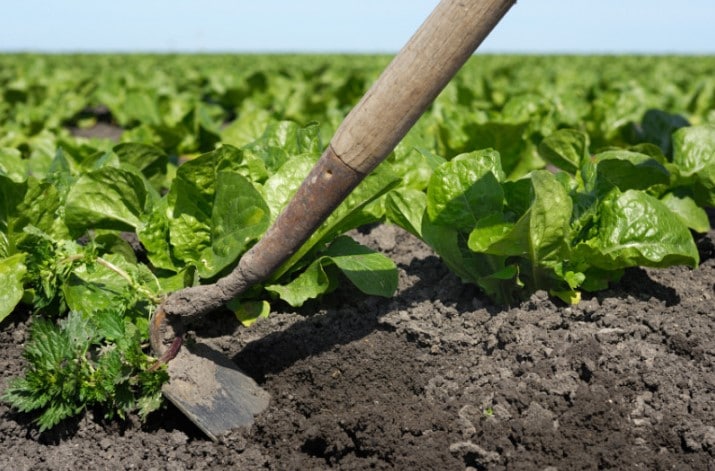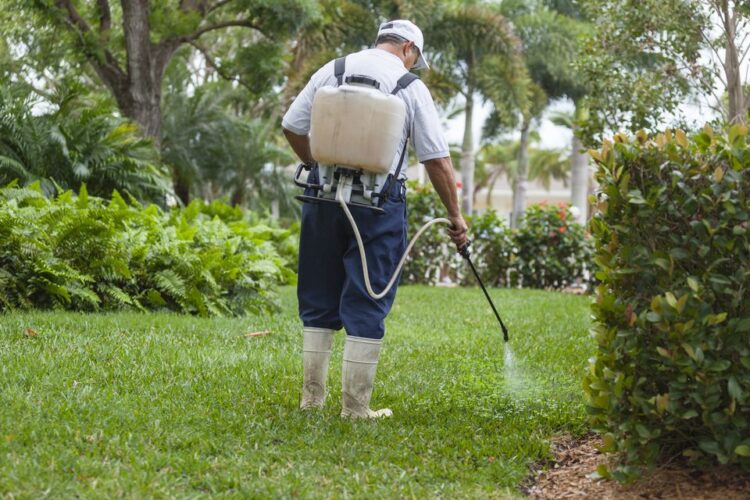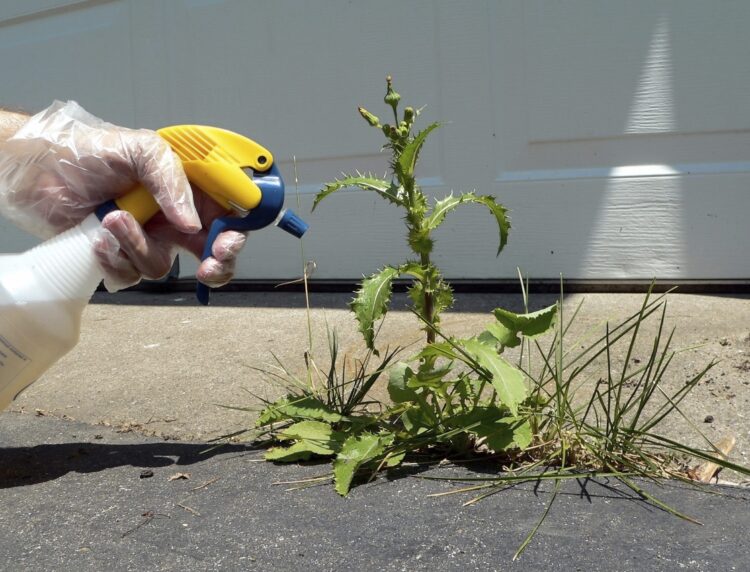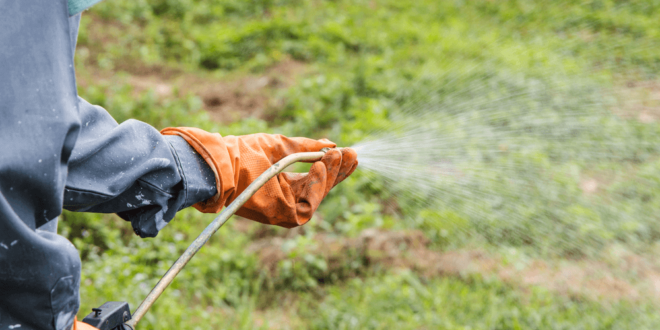You must have come across those horror movies where the starring keeps batteling beings that resurrect from the dead. Weeds do not behave any different, you get rid of them and within a couple of days or months are back. Stealing the ambiance of your environment while at the same time suffocating beautiful plants.
These obnoxious plants, whether beautiful or ugly, have a nasty culture of sprouting anywhere, making them difficult to deal with, more so if you are intractably against the application of garden chemicals in eliminating them.
We can mark the subsequent unfolding paragraphs with everything terrible about weeds, how they have can produce and disperse thousands of seeds, how they are good at super-competing with other plants for sunlight and nutrients, and much more. However, we are not going to spend more of our time on that. Instead, we are giving solutions to keeping the invasive plants at bay in a non-toxic way. Let’s roll.
What are organic killers?

There are two types of herbicides, also known as weed killers; inorganic and organic herbicides. The former is synthetically created in the laboratory, whereas the latter is entirely made from naturally-occurring chemicals. What distinguishes between the two is the chemical compounds they contain?
Compared to inorganic herbicides, organic weed killers break down quickly. They have low toxic levels and leave no residual effects on the environment. Over recent years, organic herbicides have grown in popularity due to environmental and health concerns.
How do organic killers work?
There are two types; selective and non-selective weed killers. The former target specifies plant types while leaving out others, hence their wide application in crop production. For example, a selective herbicide can eliminate grassy plants while leaving out broadleaf plants. On the other hand, non-selective herbicides target all plant life and are useful in removing all the plants growing in an area.
Most organic weed killers are non-selective, meaning that they eliminate both, weed and other plant life. Furthermore, they are more suitable for post-emergent plants. Their effectiveness is dependent on the size, type, and the weather. The organic components in them damage the waxy plant cuticle or cell walls, causing the affected plant to lose too much water and die.
How to make your own organic killer
To save on time, you can opt to buy an organic, which you can choose on bestreviews.guide and focus on other duties outlined in your schedule. However, if you have some spare time, you can make your organic herbicides from everyday household products.
Organic killer ingredients

- Vinegar: The vinegar commonly used in our homes constitute an active agent called acetic acid. The acid is a desiccant, meaning that it can draw moisture from plants. The percentage of acetic acid in any weed killer determines its effectiveness at eliminating weeds.
Full-strength vinegar (that has not been diluted by water) is non-selective and kills weeds in the shortest time possible, unlike the diluted versions, which, if weak, can only draw moisture from the leaves of a plant leaving the roots intact. The household vinegar has a 5% concentration of acetic acid. - Salt: Just like vinegar, salt is an active desiccant capable of drawing moisture from plants. It is a non-selective herbicide and only works on the foliage leaving out the roots. It is important to note that when large portions of salt are applied to eliminate weeds, they can turn out detrimental to the growth of other useful plants in the long run. It is therefore advisable that the right recommended proportions be used in making an effective homemade weed herbicide.
- Soap: Most weeds have a waxy surface, which can make them less susceptible to salt and vinegar. Soap breaks the slippery surface characterizing plants as well as the surface tension of water, making it possible for vinegar and salt to stick much longer on the weeds. On a different note, soap can kill plants when applied in strong concentrations.
Atop the significant roles it plays in organic killers, the soap also helps in distinguishing the portions where the herbicide has been applied from those that are yet to be covered. - Any other additives: Any other natural ingredients that can act as desiccants such as lemon or orange oil can be added to the organic killer solution.
How to mix the organic herbicides ingredients
- For every one gallon (3.78541 liters) of vinegar, add one cup of salt and stir gently till the salt is completely dissolved.
- Add one oz of soap to the mixture of vinegar and salt.
Do not add water to the vinegar, salt, and soap solution to retain the full strength of the organic weed killer.
Other homemade organic herbicides

Apart from the solution mentioned above, there are other homemade organic weed killers, which include newspapers, boiled water, and lemon juice.
If you have too many past headlines stored in your home, you could utilize them for killing weeds. You need to lay down the newspapers in the garden, which will, in turn, shut the weeds out of sunlight and air, essential for their growth. The papers will breakdown over time, hence no need for eliminating them after use.
On the other hand, the idea of boiling water is a good and effective one if you have some small portion of your lawn or garden infested by the culprits. However, pouring hot water does not kill their roots.
Finally, if you have an abundance of lemon trees in your backyard, you can take advantage of the lemon juice from their fruits to eliminate weeds in your garden. The juice bears acidic properties, hence act as a desiccant.
Advantages of organic killers
- They are cost-effective as you do not have to spend money on commercial herbicides
- They promote healthy living because unlike chemical weed killers they do not render your garden produce dangerous to ingest
- Since you work closely with your plants, they promote a strong connection to your garden.
 Hi Boox Popular Magazine 2024
Hi Boox Popular Magazine 2024



